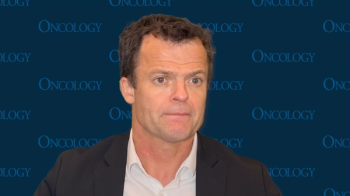
Considering which non–muscle-invasive bladder cancer cases may be cured by surgery alone may help mitigate overtreatment in this patient group.

Your AI-Trained Oncology Knowledge Connection!


Considering which non–muscle-invasive bladder cancer cases may be cured by surgery alone may help mitigate overtreatment in this patient group.

Event-free survival benefit was observed among BCG-naive patients with carcinoma in situ undergoing treatment with sasanlimab plus BCG.
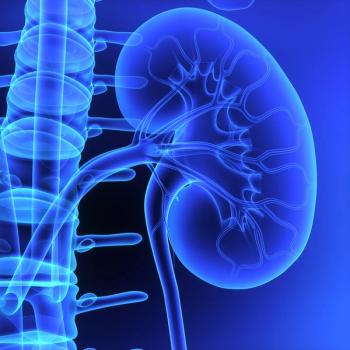
There appeared to be no extra benefit with the addition of nivolumab to tivozanib among patients included in the phase 3 TiNivo-2 trial.

Data from the ENVISION trial may support UGN-102 as a well-tolerated, efficacious treatment in non–muscle-invasive bladder cancer.

The combination of olaparib and radium-223 improved rPFS in castration-resistant prostate cancer without prior docetaxel treatment or with fewer than 20 bone metastases.

A machine learning-based approach found that evaluating multiple biomarker features may identify outcomes and treatment resistance in renal cell carcinoma.
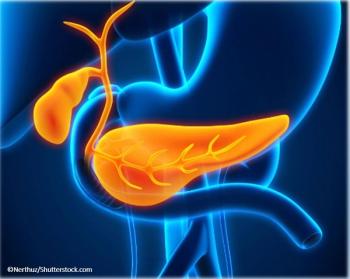
A combination of BCG and mitomycin offers a comparable treatment option to BCG monotherapy for NMIBC, potentially lessening the impact of global BCG shortages.

The addition of CAN-2409 to a prodrug and radiation therapy in intermediate-to-high-risk prostate cancer significantly improved cancer-specific outcomes.

Niraparib plus abiraterone acetate and prednisone significantly reduced the risk of symptomatic progression in patients with BRCA-mutated metastatic castration-sensitive prostate cancer.

Efficacy and safety outcomes in the phase 3 CONTACT-03 study were consistent regardless of patients' prior immunotherapy or tyrosine kinase inhibitor use.

SBRT did not significantly impact response when added to nivolumab/ipilimumab for patients with mCRPC.

Sasanlimab plus BCG significantly improved event-free survival in BCG-naïve, high-risk NMIBC patients, with notable benefit in carcinoma in situ and T1 tumors.

Approximately 95% of those with a complete response to enfortumab vedotin plus pembrolizumab were alive after 2 years in the phase 3 EV-302 trial.

Additionally, the 48-month overall survival rate was higher with nivolumab/cabozantinib vs sunitinib in the phase 3 CheckMate 9ER trial.
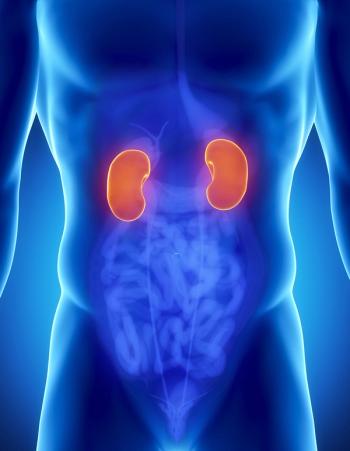
“Our analysis showed that the time to progression was later with the use of lenvatinib and pembrolizumab compared with sunitinib,” said Viktor Grünwald, MD, PhD.

Additionally, PFS data in the CLEAR trial confirm the benefit of the lenvatinib combination in patients with clear cell RCC regardless of PD-L1 IHC.

Thrombocytopenia and interstitial lung disease following treatment with JNJ-6420 appeared to be manageable with dose schedule modifications.
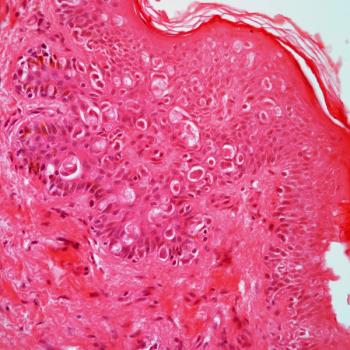
Pembrolizumab plus platinum-containing therapy may be a new treatment option for advanced penile cancer based on data from the HERCULES trial.

Phase 1/2 data support further development of ARV-766 in advanced prostate cancer, says Daniel P. Petrylak, MD.

Patient-reported outcomes from the EV-302 trial found consistent efficacy and safety outcomes for patients with urothelial carcinoma.

The rate of subsequent anticancer therapy was reduced with darolutamide vs placebo in patients with mHSPC in the ARASENS trial.
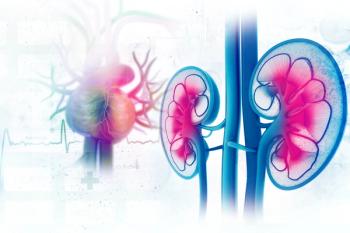
KIM-1 was the most significantly enriched circulating protein in recurrence vs baseline serum samples among patients in the IMmotion010 trial.
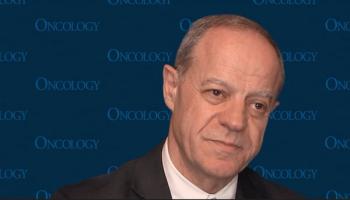
Ongoing research may clarify the potential benefit of avelumab when administered in combination with other agents in advanced urothelial carcinoma.

Spatial analyses may help determine factors that influence responses to sacituzumab govitecan-containing regimens in urothelial carcinoma.
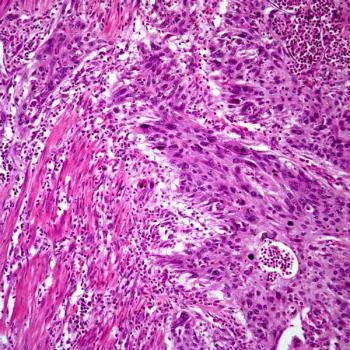
Less than half of the patients enrolled on cohort H of the EV-103 trial required subsequent anticancer therapy following enfortumab vedotin.

Limited efficacy was observed when sacituzumab govitecan was given after enfortumab vedodin in metastatic urothelial carcinoma.
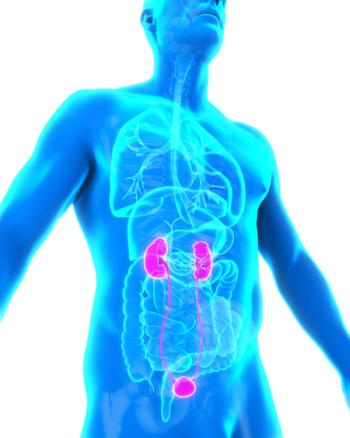
Using the TILs CD8-positive, PD-1-positive, TIM3-negative, and LAG3-negative as predictive biomarkers did not impact outcomes in metastatic clear cell renal cell carcinoma.

Data from the EMBARK trial show no significant differences in sexual activity and urinary symptoms when suspending treatment with enzalutamide.

Attending educational sessions may help with understanding how to manage toxicities associated with enfortumab vedotin in rare genitourinary cancers.

CHAARTED2 trial showed an improved progression-free survival in patients with metastatic castration-resistant prostate cancer treated with cabazitaxel, abiraterone acetate, and prednisone.